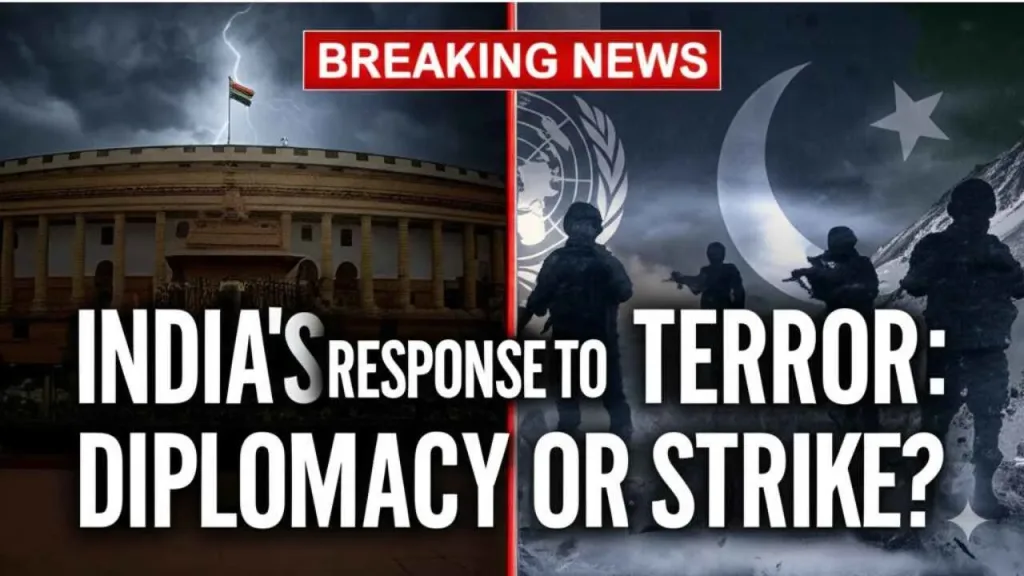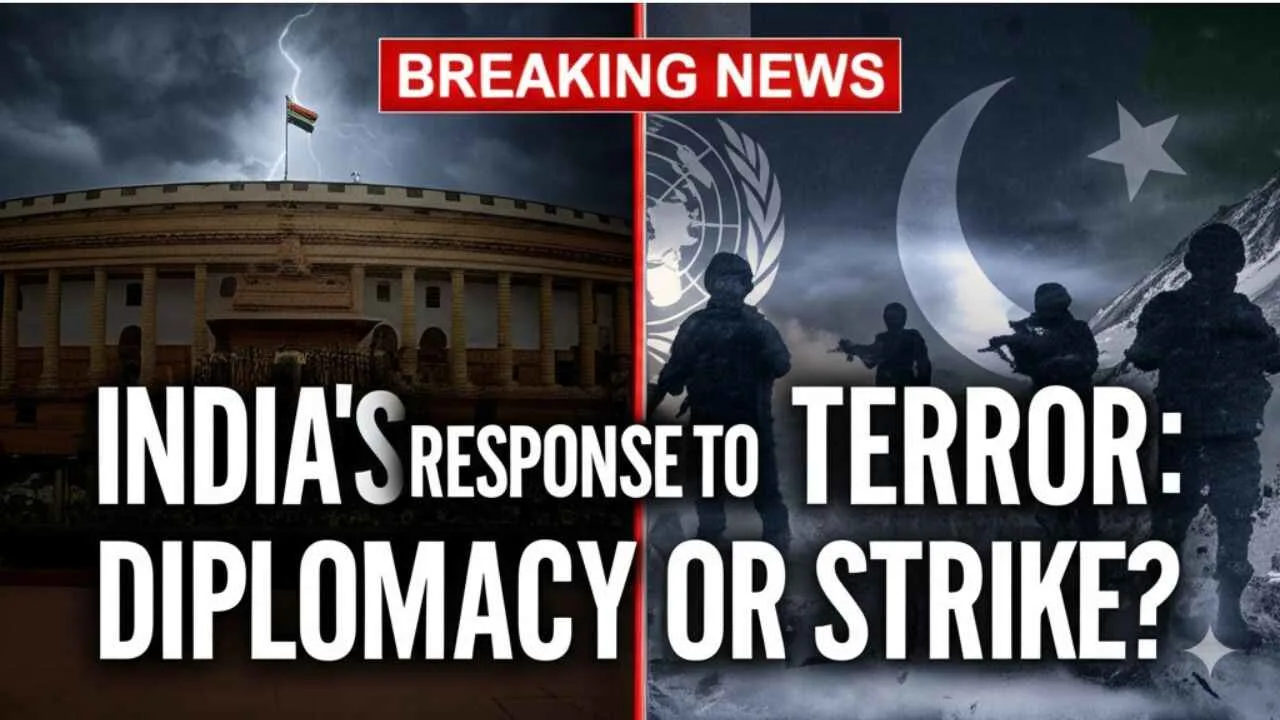India’s Strategic Crossroads: Responding to Pahalgam with Diplomacy, Deterrence, and Global Support
New Delhi, April 24, 2025 — As India surges ahead on the world stage, carving its place as a manufacturing hub for everything from Apple iPhones to pharmaceuticals, the ripple effects of its economic momentum are being felt globally. The “Make in India” initiative is no longer just a slogan—it’s a reality, as Indian-made goods increasingly reach international markets. With trade negotiations underway across continents and free trade agreements on the horizon, India is poised to become the world’s third-largest economy within two years.
But amid this upward trajectory, the recent terrorist attack in Pahalgam has shaken the nation’s conscience and challenged its strategic resolve. It has also underscored a critical truth: national security must evolve in lockstep with economic ambition.
A Measured Path Forward
In the wake of the Pahalgam attack, Prime Minister Narendra Modi faces a complex and sensitive choice—how to deliver a decisive response without jeopardizing India’s global standing. According to senior officials, External Affairs Minister Dr. S. Jaishankar has been tasked with a mission of utmost importance: to secure international support ahead of any potential military action.
India has walked this path before. In the aftermath of the 2016 Uri attack and the 2019 Pulwama bombing, the Modi government sought global backing before launching surgical and air strikes. The approach was calculated, strategic—and largely successful in framing India’s actions as legitimate responses rather than unilateral aggression.
This time, the stakes are even higher.
Gathering Proof, Building the Case
Indian security agencies are currently compiling evidence pointing to Pakistan’s involvement in the Pahalgam incident. Once finalized, the dossier will be shared with key allies and the five permanent members of the United Nations Security Council—namely, the United States, the United Kingdom, France, Russia, and China.
Diplomatic sources indicate that India is also considering holding a high-level security briefing, modeled on the approach Israel took following the Hamas attack of October 7, 2023. The plan includes inviting ambassadors and senior diplomats from strategic countries—particularly those with historical ties to Pakistan or influence in the Muslim world—to present the facts transparently and underscore the provocation behind any forthcoming Indian action.
In a further step to reinforce credibility, New Delhi may organize site visits to the Pahalgam attack location, allowing foreign diplomats to witness the aftermath firsthand and speak with eyewitnesses and victims’ families.
A Battle for Perception
In today’s hyperconnected world, perception is power. The Indian government is acutely aware that any military action against Pakistan will be closely scrutinized. The goal, therefore, is to ensure the international community sees such a move not as an escalation, but as a proportionate and justified response.
Already, 97 countries have condemned the attack. However, the timing and tone of some reactions have raised eyebrows. Notably, Canada was the last to issue a statement—36 hours after the incident. Bangladesh, despite being a neighboring ally, was similarly delayed. Nonetheless, Bangladesh’s former Prime Minister Sheikh Hasina and her Awami League party have publicly condemned extremism and extended full support to India.
The Shadow of Local Support
One of the more troubling developments is the suspected role of local facilitation in the Pahalgam attack. Over 1,600 individuals have reportedly been detained for questioning across Jammu and Kashmir, as authorities believe the terrorists could not have carried out such an operation—or escaped—without assistance from within the community.
This has reignited public debate over trust and accountability in the region. While social media platforms are awash with Kashmiri civilians offering solidarity, free food, and shelter to tourists, defense experts caution against drawing conclusions too quickly. Until the local population takes a decisive stand against terrorism, symbolic gestures may not be enough to ensure lasting peace.

Strategic Options on the Table
India’s defense apparatus is on high alert. The Army, BSF, CRPF, and naval forces have ramped up surveillance along the international border with Pakistan. Behind closed doors, various military options are reportedly being evaluated—from surgical strikes to precision air raids and covert operations.
The government’s current priority, however, is ensuring that any decision taken garners broad international support. Dr. Jaishankar is expected to continue high-level consultations with global leaders and foreign envoys in the coming days.
What Comes Next?
The coming weeks will likely be pivotal—not just for India’s security, but for its international reputation. The government’s approach so far signals a careful balancing act: asserting strength while safeguarding global partnerships.
India’s foreign policy has long aimed to project the nation as a responsible global player. Now, as it prepares to defend its citizens and sovereignty, it must ensure the world sees its actions in that same light.
